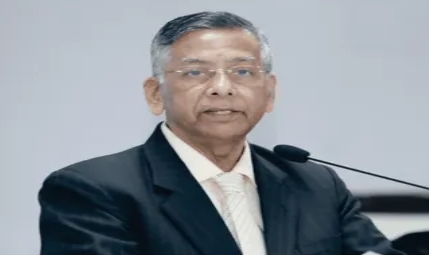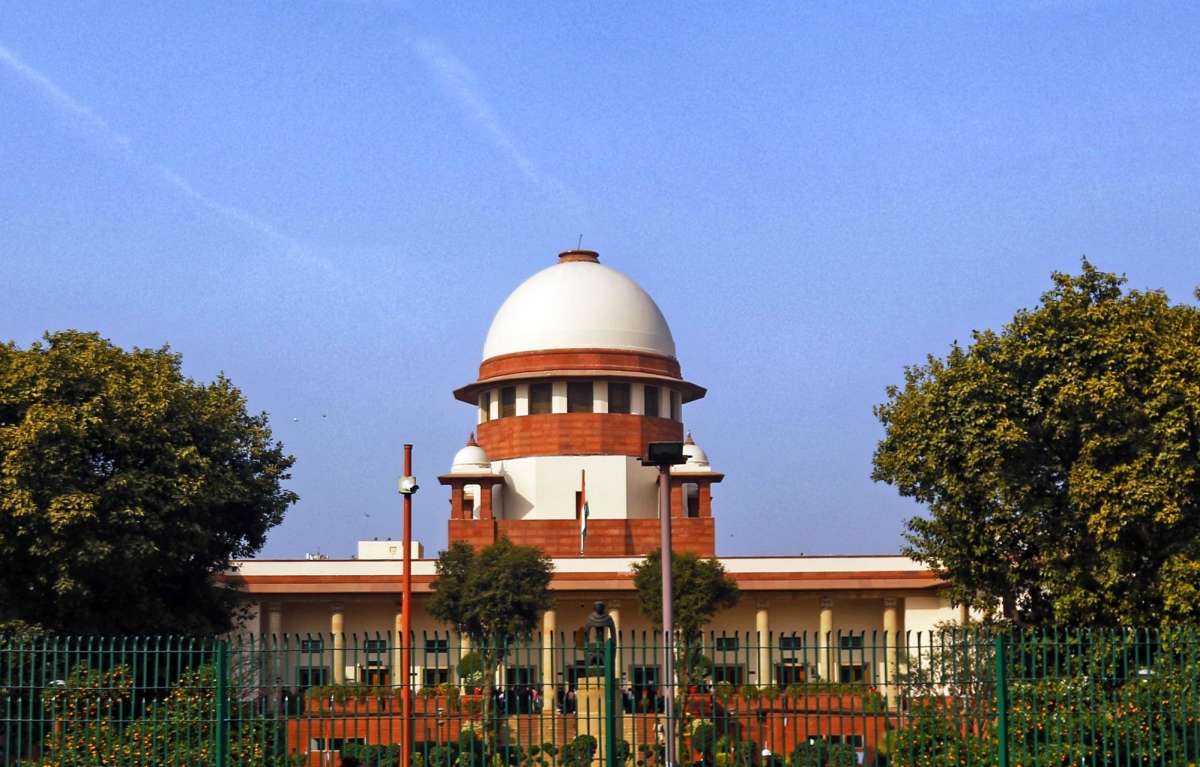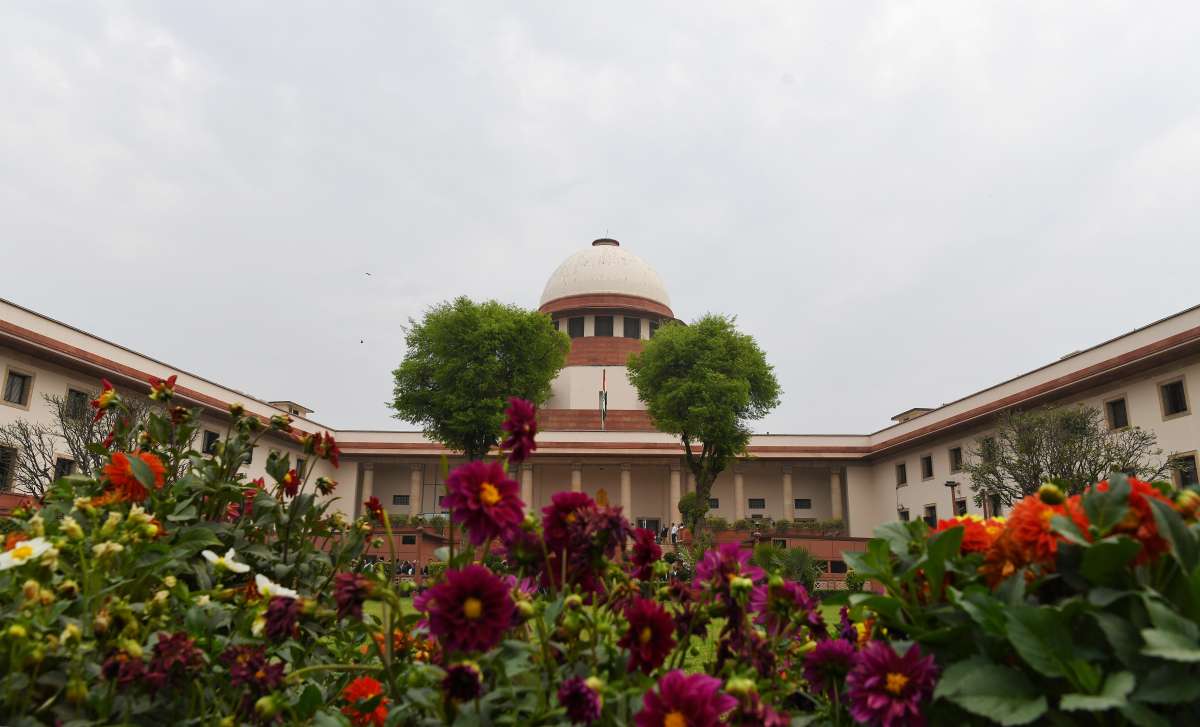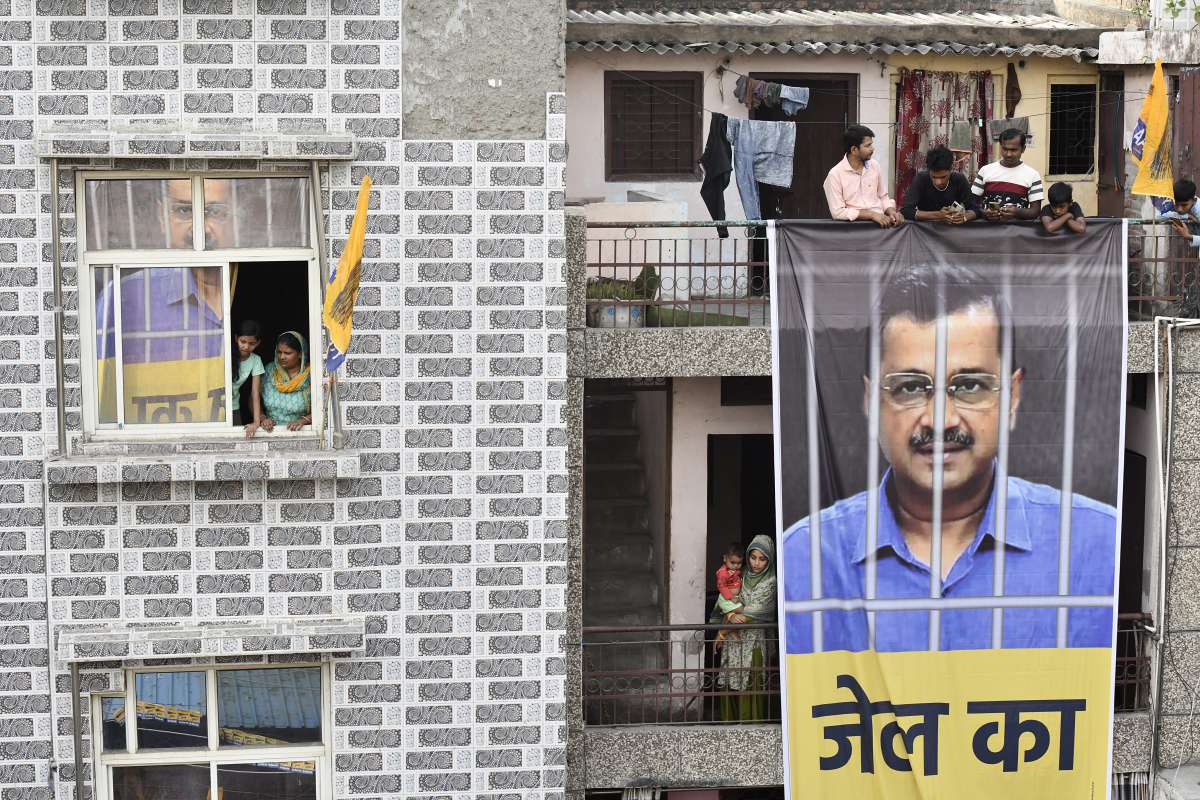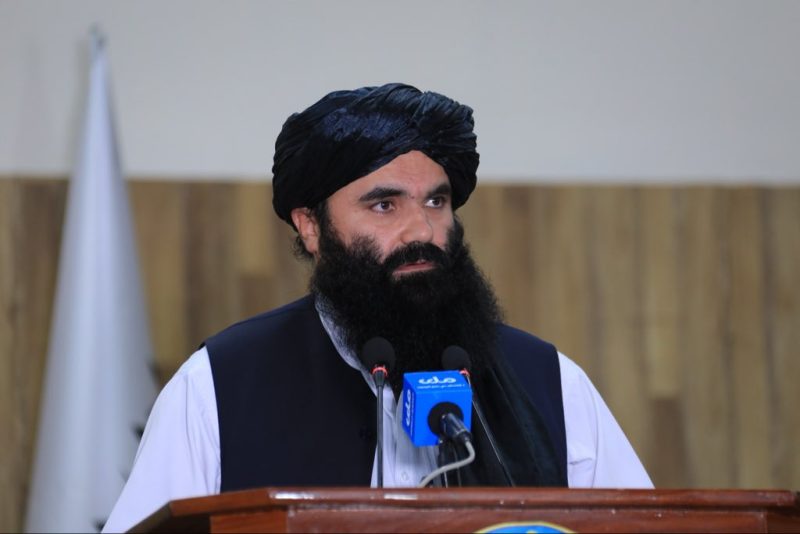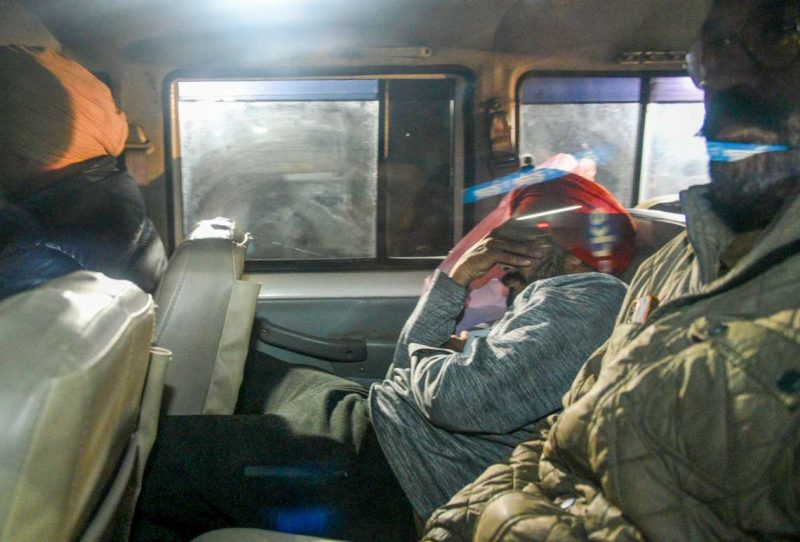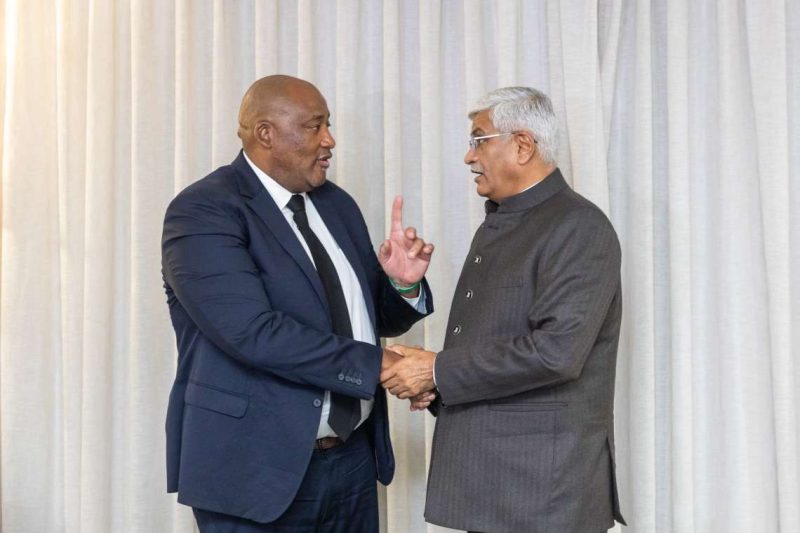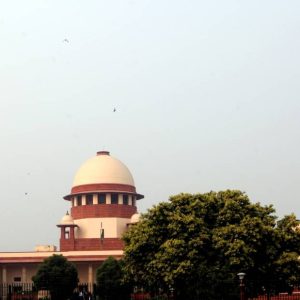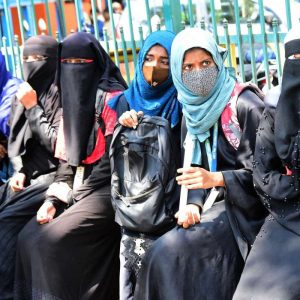The apex court was hearing a batch of pleas challenging Section 124A of the Indian Penal Code which criminalises the offence of sedition…reports Asian Lite News
The Central government on Monday sought time from the Supreme Court to review Section 124A of the Indian Penal Code which criminalises the offence of sedition saying “something may happen” in the upcoming Winter Session of the Parliament.
Attorney General for India R Venkataramani, appearing for Centre, told a bench headed by Chief Justice of India UU Lalit that the issue is engaging the attention of relevant authorities and some changes in relation to the sedition law may happen in the next Parliament Session.
AG requested for additional time to be granted to the Centre so that appropriate steps may be taken.
The bench also comprising Justices S Ravindra Bhat and Bela M Trivedi adjourned the case to the second week of January 2023.
It also issued notices to the Centre on some pleas in which notices were not issued earlier.
During the hearing, the CJI enquired if a directive had been issued by the Centre to put in abeyance all pending proceedings and prevent the filing of any fresh cases under the law to prevent its usage.
Solicitor General Tushar Mehta, also representing the Centre, said that directions regarding keeping the law in abeyance were sent to all Chief Secretaries.
The law will be kept in abeyance till further hearing.
The apex court was hearing a batch of pleas challenging Section 124A of the Indian Penal Code which criminalises the offence of sedition.
Earlier, the Supreme Court had ordered that sedition law will be kept in abeyance till the government’s exercise of reviewing the law is complete.
It had asked the Central government and States not to register any cases under Section 124A.
It had added that if such cases are registered in future, the parties are at liberty to approach the court and the court has to expeditiously dispose of the same.
Allowing the Central government to re-examine and reconsider the provisions of Section 124A, the apex court had said that it will be appropriate not to use the provision of law till further re-examination is over.
Earlier, the Centre had told the top court that the government cannot prevent police from registering a cognisable offence under the sedition provision, but an FIR under Section 124A would be registered only if the area Superintendent of Police (SP) is satisfied that the facts of a case involve sedition offence.
Senior advocate Kapil Sibal appearing for petitioners had told the bench that the then Prime Minister Jawaharlal Nehru had termed Section 124A as the most obnoxious provision aimed at stifling dissent and Mahatma Gandhi had termed this as the most potent weapon to silence opposition to govt.
Solicitor General Mehta then replied that this government is trying to do what Pandit Nehru could not do then.
In the affidavit, the Centre had said that Prime Minister Narendra Modi is of the firm view that the baggage of colonial-era laws, which outlived their utility, must be scrapped during the period of ‘Azadi Ka Marti Mahotsav’ (75 yrs of independence).
In that spirit, the government of India has scrapped over 1500 outdated laws since 2014-15, it stated.
However, before that the Central government took a stand that the 1962 verdict of the five-judge Constitution bench case which upheld the validity of the offence of sedition under Section 124A of the Indian Penal Code, is binding and continues to be a “good law and needs no reconsideration”.
It had said that the 1962 five-judge bench judgement of the top court in the Kedar Nath Singh v/s State of Bihar case which upheld the validity of Section 124A of IPC has stood the test of time and applied to date in tune with modern constitutional principles.
Various petitions were filed in the apex court challenging the constitutional validity of sedition law. The pleas were filed by former army officer Major-General SG Vombatkere (Retd), former Union minister Arun Shourie, NGO PUCL, Editors Guild of India, Journalists Patricia Mukhim, Anuradha Bhasin, Manipur-based journalist Kishorechandra Wangkhemcha and Kanhaiya Lal Shukla from Chhattisgarh.
The then CJI NV Ramana had questioned the Central government on the requirement of sedition law even after 75 years of independence and observed that it was colonial law that was used against freedom fighters.
While pointing out that sedition law was used against freedom fighters like Mahatma Gandhi and Bal Gangadhar Tilak, the apex court had asked Centre, why it can’t be repealed. It observed that the Centre has repealed many stale laws and enquired why the government is not looking into repealing Section 124A of the IPC.
It further said that the court was concerned about the misuse of such laws.
CJI had said, “use of sedition is like giving a saw to the carpenter to cut a piece of wood and he uses it to cut the entire forest itself”.
Section 124-A (sedition) under the IPC is a non-bailable provision. (ANI)
ALSO READ-SC puts sedition law on hold


